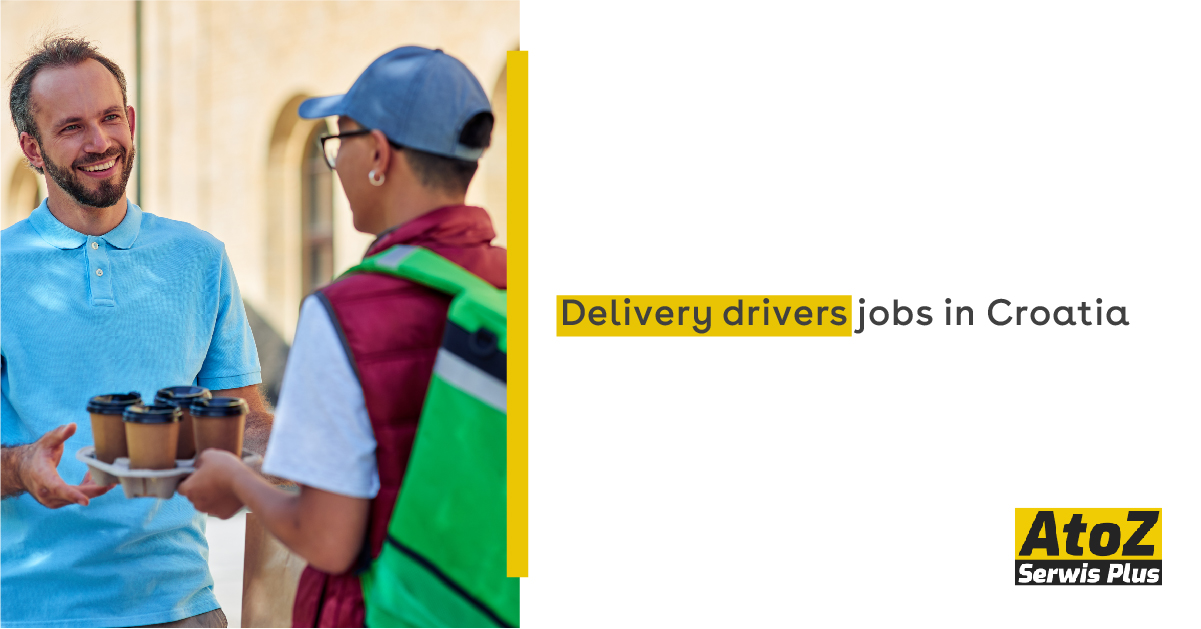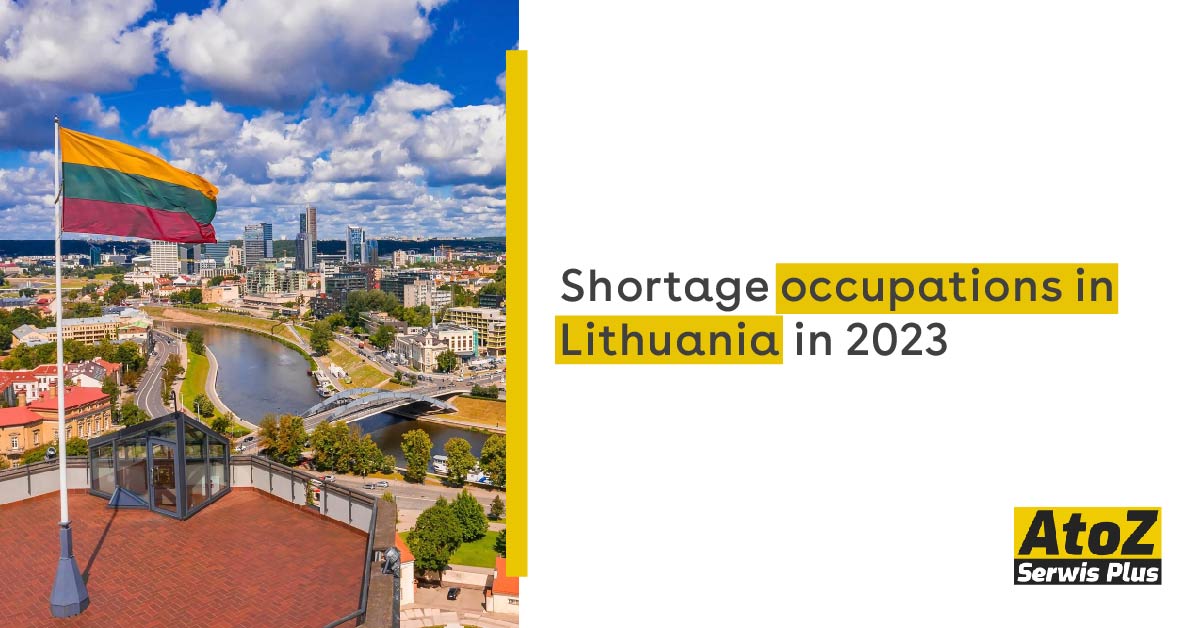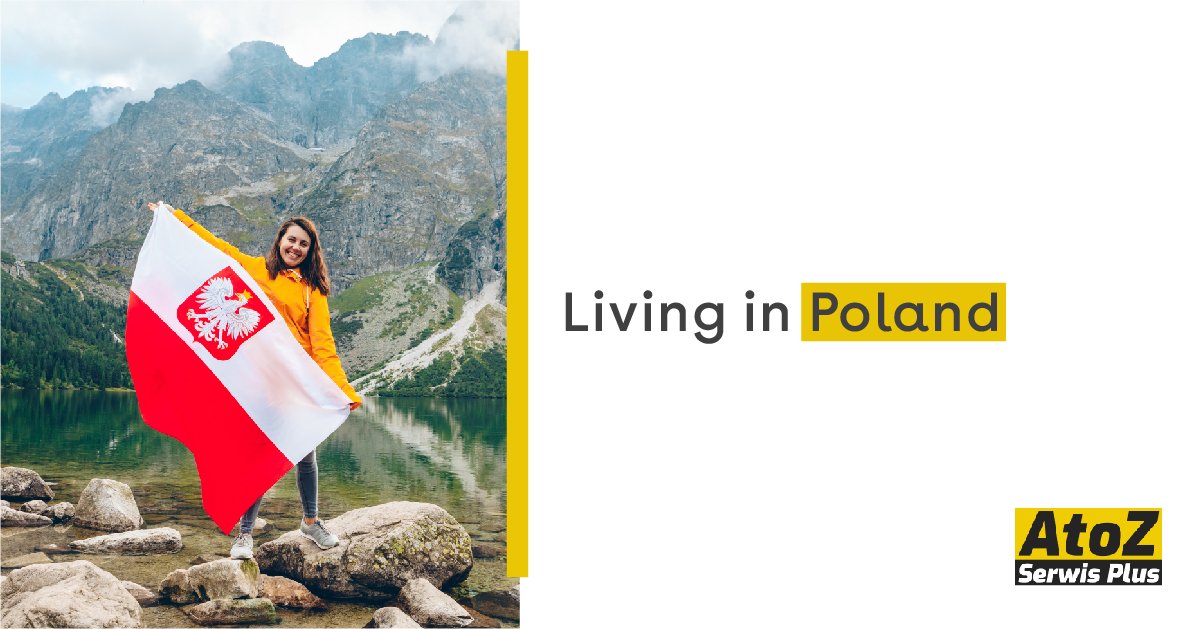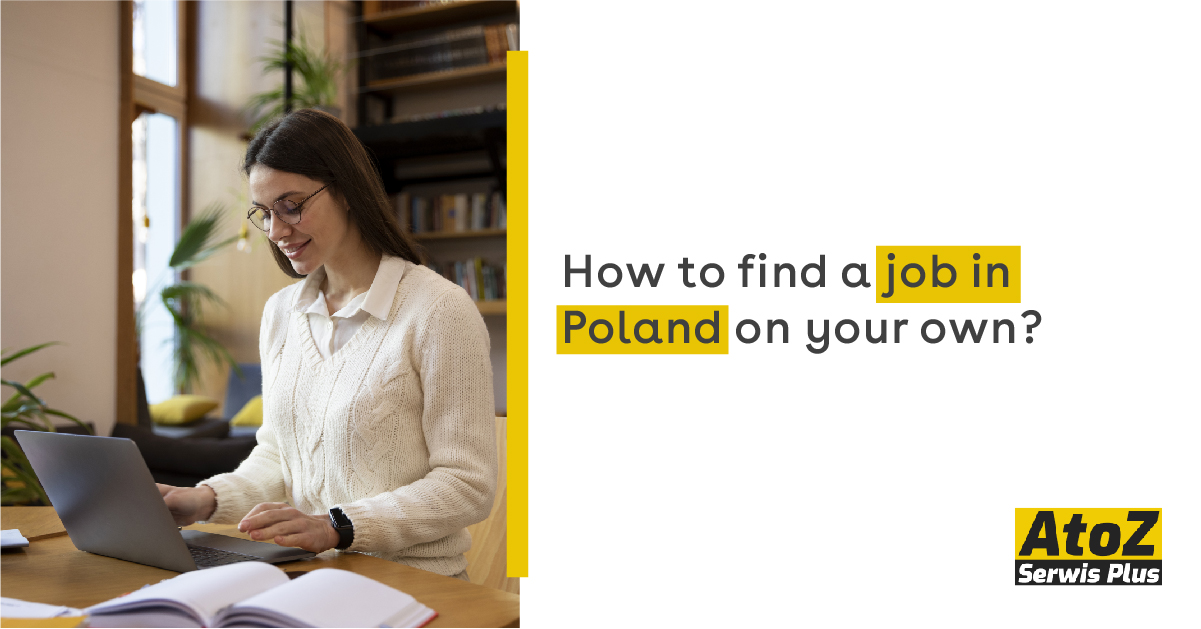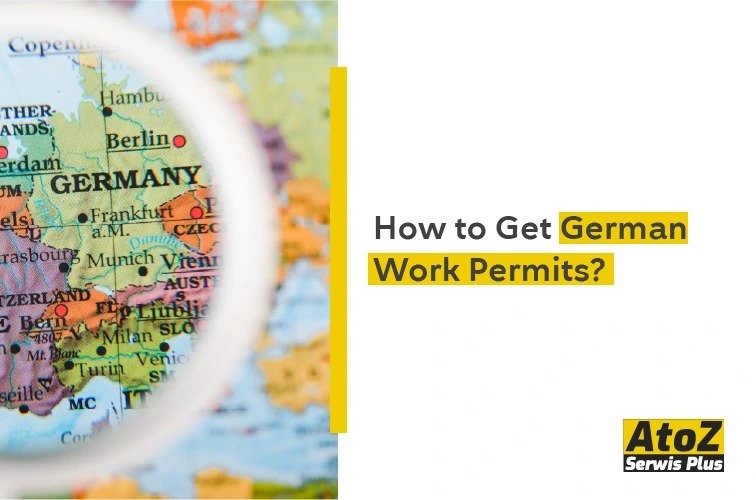

How to Get German Work Permits?
How to Get a German Work Permit: A Complete Guide
As Europe’s economic powerhouse, Germany is a top destination for foreign workers seeking career opportunities. If you plan to work in Germany, you’ll likely need a work permit. This guide explains the steps, requirements, and tips for obtaining a German work permit.
1. Who Needs a German Work Permit?
- Non-EU/EEA Nationals: Must obtain a work permit in Germany.
- EU/EEA Nationals: Can work without a permit but must register their stay for long-term employment.
2. Types of German Work Permits
- General Employment Permit: For jobs requiring professional skills.
- EU Blue Card: For highly skilled workers with competitive salaries.
- Job Seeker Visa: You can search for a job in Germany for six months.
- Intra-Company Transfer Permit: For employees transferring within the same company.
3. Eligibility Requirements
To qualify for a German work permit, you must meet the following criteria:
- Job Offer: A valid job offer from a German employer.
- Labor Market Test: The employer must prove that no local or EU/EEA candidate is available. (This may not be required for certain professions or EU Blue Card applicants.)
- Qualifications: Your skills and qualifications must align with the job requirements.
- Language Skills: Proficiency in German may be required, depending on the job.
4. Documents Required for a German Work Permit
- Valid Passport: Must be valid for at least six months beyond your intended stay.
- Employment Contract: A signed agreement specifying job details and salary.
- Proof of Qualifications: Degrees, certifications, or professional licenses.
- Health Insurance: Proof of health coverage in Germany.
- Proof of Financial Means: Bank statements or employer sponsorship.
- Police Clearance Certificate: Clean criminal record from your home country.
- Proof of Accommodation: Lease agreement or employer-provided housing.
- Employer’s Documents: Proof of the company’s registration and compliance with German labour laws.
5. Step-by-Step Application Process
Step 1: Secure a Job Offer
- A valid job offer is mandatory before applying for a work permit.
- The employer must meet labour market requirements or justify hiring a non-EU worker.
Step 2: Apply for a Work Visa
- Apply for a National Visa (D-Type) for employment purposes at the German embassy or consulate in your home country.
Documents for Work Visa:
- Passport
- Job offer letter
- Proof of qualifications
- Health insurance
- Proof of financial means
Step 3: Apply for a Residence Permit
- After arriving in Germany, apply for a residence permit for employment at your local Ausländerbehörde (Foreigners’ Office).
Documents for Residence Permit:
- Work visa
- Employment contract
- Proof of accommodation
- Proof of health insurance
Step 4: Collect Your Work Permit
- Once the residence permit is approved, you will receive your work permit, allowing you to start your job legally.
6. Processing Times and Costs
| Permit Type | Processing Time | Cost |
|---|---|---|
| Work Visa (D-Type) | 4–8 weeks | €75–€100 |
| Residence Permit | 4–8 weeks | €100–€150 |
7. Popular Industries for Foreign Workers in Germany
- IT and Software Development: Developers, data analysts, and cybersecurity experts.
- Healthcare: Nurses, doctors, caregivers.
- Engineering: Mechanical, automotive, and electrical engineers.
- Construction: Skilled labourers, architects, project managers.
- Logistics and Supply Chain: Drivers, warehouse staff, and logistics managers.
8. Challenges and Tips
Challenges
- Labor Market Test: Employers may need more time to prove local candidates are available.
- Language Barriers: Many roles require at least basic German proficiency.
Tips
- Prepare Early: Gather documents when you receive a job offer.
- Learn Basic German: Language skills can boost your employability.
- Seek Professional Help: Work with a trusted agency to streamline the process.
9. How AtoZ Serwis Plus Can Help
AtoZ Serwis Plus specialises in helping professionals navigate the German work permit process:
- Job Placement Assistance: Connect with reputable employers in Germany.
- Document Preparation: Ensure translations, notarizations, and compliance with requirements.
- Visa Application Support: Simplify the work visa and residence permit process.
- Post-Arrival Services: Assist with local registrations, accommodation, and cultural orientation.
10. Why Work in Germany?
- Strong Economy: Germany is one of Europe's largest and most stable economies.
- Career Growth: High demand for skilled professionals in IT, healthcare, and engineering.
- Work-Life Balance: German labour laws ensure fair working conditions and benefits.
- Pathway to Residency: Work permits can lead to long-term residence and citizenship.
Conclusion
Getting a German work permit involves securing a job offer, applying for a work visa, and obtaining a residence permit. The process can be smooth and rewarding with proper preparation and expert guidance.
If you need professional assistance with your German work visa and permit application, contact AtoZ Serwis Plus today!

